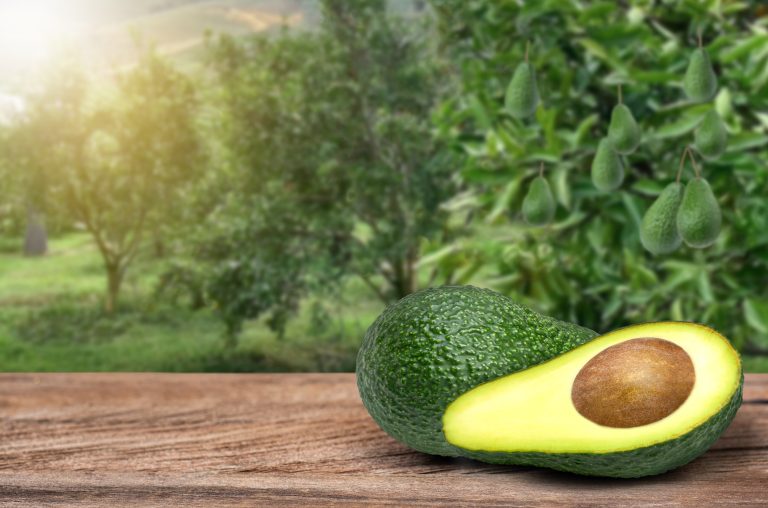Despite rising popularity, avocados have recently been the target of environmental criticism, particularly regarding their water usage and carbon footprint. However, new research and expert opinions suggest that these concerns are often exaggerated, and avocados are actually a more sustainable food choice than many realise.
Avocados are often portrayed as environmentally harmful due to their water consumption. Yet, studies show that their water footprint is on par with many other fruits and vegetables, and far less than some commonly criticised foods, such as meat, coffee, and chocolate. On average, avocados consume around 800 litres of water per kilogram, significantly less than beef or chocolate, which require vastly higher amounts of water. Furthermore, avocados typically thrive in regions with high rainfall, meaning they often rely on rainwater rather than irrigation, reducing their environmental impact.
Agricultural expert Dr Julio Berbel, from the Universidad de Córdoba, emphasises that avocados have been unfairly vilified in discussions about water usage. He points out that while water management remains important, particularly in drought-prone areas, avocados are generally a more sustainable crop. Dr Berbel advocates for recognising avocados as a viable option for environmentally conscious consumers.
Concerns about the carbon footprint of avocados, particularly regarding transportation, are also misleading. Most avocados in the UK and Europe are shipped by sea, a method that produces far fewer greenhouse gas emissions than road or air transport. In fact, shipping avocados by sea generates 25 times fewer emissions than road transport and 145 times fewer than air freight. This more efficient method of transportation significantly reduces the overall carbon footprint of avocados.
Avocados also contribute positively to the environment through their role in carbon sequestration. As perennial plants, avocado trees absorb carbon dioxide (CO2) from the atmosphere, with a mature tree capturing around 22 kilograms of CO2 each year. This process helps mitigate the greenhouse gas emissions associated with avocado farming. Additionally, avocado farming supports soil preservation and reduces erosion, promoting healthier ecosystems.
When it comes to pesticide use, avocados fare better than many other fruits and vegetables. The Environmental Working Group’s report found that less than 2% of avocado samples showed any detectable pesticide residues, thanks to the fruit’s thick skin, which offers natural protection from contaminants. This makes avocados not only a healthier choice for consumers but also a cleaner, more environmentally friendly option.
The avocado industry has also made strides in supporting local communities. In countries like Peru, Colombia, Kenya, and South Africa, avocado farming provides employment and fair wages for thousands of workers. The World Avocado Organisation (WAO) has been at the forefront of promoting ethical farming practices, ensuring that both the environment and workers’ rights are safeguarded.
As discussions around sustainable food systems intensify, avocados continue to prove themselves as a healthy and eco-conscious food choice. With low water usage, minimal pesticide exposure, and a commitment to reducing their environmental impact, avocados offer a more sustainable option than many commonly criticised foods.
By embracing advanced farming technologies and ethical practices, the avocado industry is paving the way for a more sustainable future, offering consumers a healthier option for both them and the planet. For the website, please go to: www.worldavocadoorganisation.com



